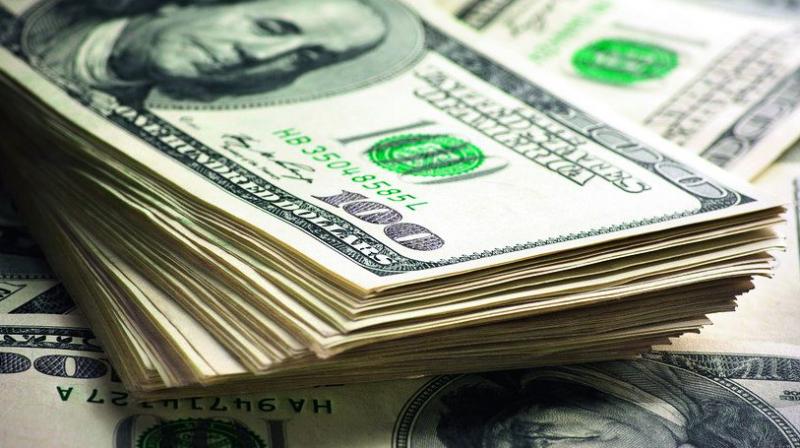714 Indians named in Paradise Papers! What are Paradise Papers?
They were obtained by the German newspaper S¼ddeutsche Zeitung, and shared with the ICIJ.

Mumbai: A new set of corporate documents called ‘Paradise Papers’, from Bermuda based firm Appleby and Singapore’s Asiaciti Trust, has identified the secret offshore dealings of 714 Indians, including who’s who of the country like superstar Amitabh Bachhan, Union minister Jayant Sinha, BJP Rajya Sabha MP Ravindra Kishore Sinha, among others.
What are the Paradise Papers?
A trove of 13.4 million documents from Bermuda firm Appleby and Singapore-based Asiaciti Trust and corporate registries maintained by governments in 19 secrecy jurisdictions - Antigua and Barbuda, Aruba, the Bahamas, Barbados, Bermuda, the Cayman Islands, the Cook Islands, Dominica, Grenada, Labuan, Lebanon, Malta, the Marshall Islands, St Kitts and Nevis, St Lucia, St Vincent, Samoa, Trinidad and Tobago, and Vanuatu, according to The Guardian.
The Paradise Papers cover the period between 1950 and 2016. They were obtained by the German newspaper Süddeutsche Zeitung, and shared with the International Consortium of Investigative Journalists (ICIJ).
What is Appleby?
Like Mossack Fonseca of Panama Papers’ fame, Appleby is a “corporate and law providing” service firm that helps individuals and corporates float offshore entities to evade taxes and hedge corporate firms.
Appleby has denied any wrongdoing, on its part and on the part of its clients. “But it has conceded that it is not infallible and has tried to learn from its mistakes. The company has agreed to take part in any formal inquiries that come out of the disclosures”, reported The Guardian.
Is this legal?
Owning or funding an offshore fund is not a crime in a lot of countries. In India, until 2003, as per the Reserve Bank of India guidelines, citizens were not allowed to start an overseas entity.
This changed in 2004 when the RBI introduced Liberalised Remittance Scheme (LRS) and allowed individuals to remit funds of up to $25,000 a year under the same.
It was only in 2013, when the legal modalities for offshore funds were finalised under the Overseas Direct Investment notification. Therefore, before 2013, owning or contributing to an offshore bank account was mostly restricted.
Thus, although, illegality cannot be assumed at the beginning, the Paradise Papers provides an interesting study of how firms and individuals skirt tax paying using artificial entities.

